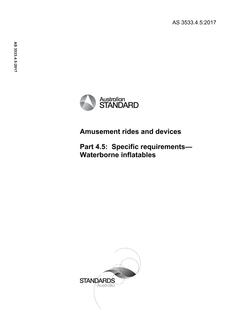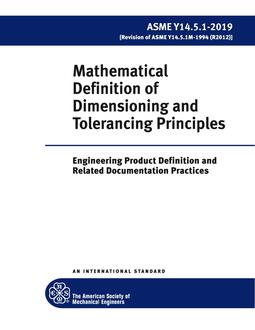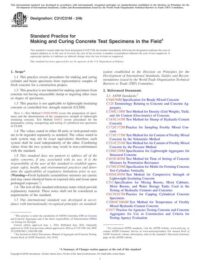
ISA TR84.00.03-2012 PDF
Original price was: $248.00.$149.00Current price is: $149.00.
Mechanical Integrity of Safety Instrumented Systems (SIS)
standard by The International Society of Automation,
Testing considerations of SIF should be included in most of the Safety Lifecycle steps described inANSI/ISA-84.01-1996. Testing frequency is a part of the determination of Safety Integrity Level (SIL) forthe SIF. Provision for conducting tests must be included in the selection of equipment and design of theSIF and the Pre-Startup Acceptance Test (PSAT) is an integral part of ensuring the SIF will provide therisk reduction necessary. When modifications are made to SIF, testing can validate that appropriate SIFaction will still take place.
This technical report is an informative document providing guidance on performing testing of SIFcomponents and systems that will help achieve full safety benefits of the SIF in the most cost-effectiveway. Both manual and automated techniques are presented for off-line and on-line testing of SIF and thebenefits of each technique described. Existing techniques and proposed new techniques will bedescribed. Utilizing the techniques described in conjunction with an overall safety management programwill allow users to meet the testing requirements of ANSI/ISA-84.01-1996 and dIEC 61511. Techniquesare described for testing all elements of the SIF including field sensors, final control elements, logicsolvers (signal conversion modules included), Human Machine Interface (HMI), communication links withother systems, user application software, and other required auxiliaries such as power. Suggestedinspection techniques for regular observation of equipment and components to detect potential problemsare also presented.
The techniques described can also be used for testing burner management systems in conjunction withthe NFPA 85 code.
These techniques are illustrated by the examples given in Annexes A-MM. Each Annex is an exampleof how one company might apply a given technique, and is not intended to represent a consensussolution within the process industry.



